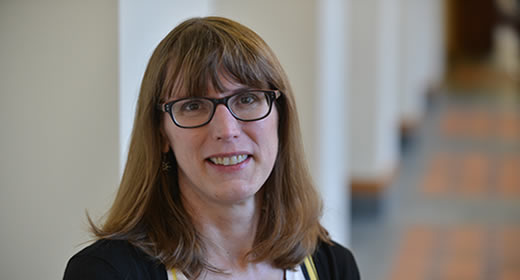
Kristin Seefeldt spoke with Michigan Radio’s “Stateside” this Wednesdsay for a new series that explores the lives of America’s working poor, including “who they are, what challenges they face, and what policy changes might help the most people.”
In the July 12 episode, “There are fewer and fewer avenues to the middle class for low-income families,” Seefeldt shares research she conducted for her new book, Abandoned Families: Social Isolation in the 21st Century (Russell Sage 2016), which follows the trajectories of 45 low-income Michiganders, all from the Metro Detroit region, over the course of a six-year period.
“Unlike some popular misconceptions that are out there, these were folks that were trying their best to get ahead, but no matter what happened there were roadblocks,” Seefeldt told “Stateside.”
"I think it takes a lot more than a mindset to rise above low earnings," said Seefeldt. "It takes a lot of luck, and hard work alone is not going to do it. We've had some pretty profound changes to a lot of the institutions that used to once promote upward mobility. And so because of those changes, it's just harder to pull oneself up by one's bootstraps."
Kristin Seefeldt is an assistant professor of social work and public policy at the University of Michigan. She is the author of Working after Welfare: How Women Balance Jobs and Family in the Wake of Welfare Reform (Upjohn Institute Press 2008) and Abandoned Families: Social Isolation in the 21st Century (Russell Sage 2016).